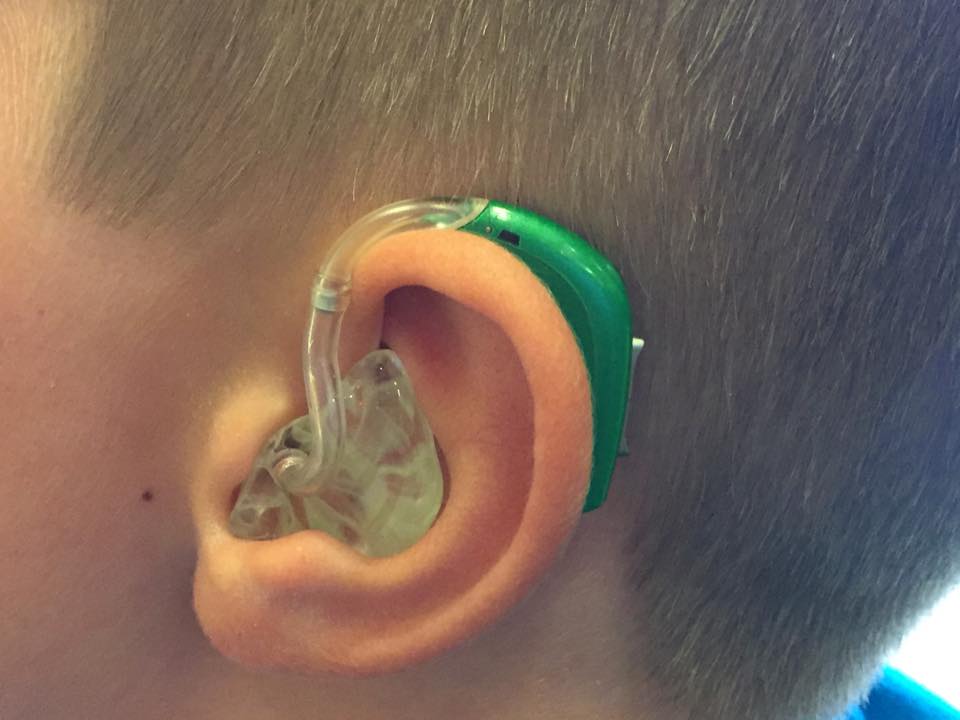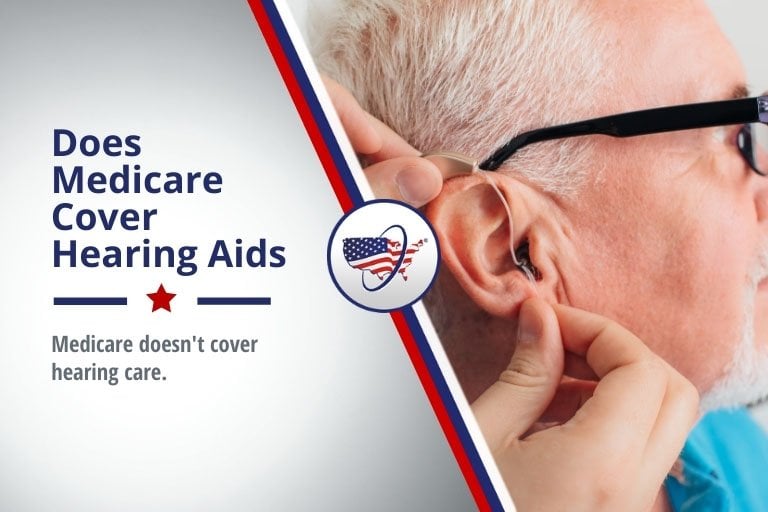Why are hearing aids not covered by insurance Idea
Home » Trending » Why are hearing aids not covered by insurance IdeaYour Why are hearing aids not covered by insurance images are available in this site. Why are hearing aids not covered by insurance are a topic that is being searched for and liked by netizens today. You can Get the Why are hearing aids not covered by insurance files here. Download all royalty-free vectors.
If you’re looking for why are hearing aids not covered by insurance images information linked to the why are hearing aids not covered by insurance interest, you have come to the ideal blog. Our site always gives you suggestions for seeing the highest quality video and image content, please kindly search and locate more informative video content and images that fit your interests.
Why Are Hearing Aids Not Covered By Insurance. Hearing aids were also initially sold by a door to door salesman who did not have the respect from doctors that audiologists are now gaining in the health field. Unfortunately, there are only five states that mandate insurance coverage for hearing aids for adults. Currently, new legislation in many states does provide coverage for hearing aids through medicaid, but not medicare. Byrum said it came as a real surprise to her, even after six years in the michigan legislature, that hearing aids aren’t covered by private insurance in michigan.
 Why Don�t Insurance Companies Cover Hearing Aids From helpingmehear.com
Why Don�t Insurance Companies Cover Hearing Aids From helpingmehear.com
But usually, insurers keep away from such expenses because the prices are hard to predict and the choice to go for a hearing aid is subjective. Hearing aids may seem expensive, but you cannot put a price on the difference a hearing aid can make to your life. It is important to understand why these incredibly essential devices aren’t included in plans, so we can take steps to try and. Getting hearing aids if you don�t live in a mandated state. What they learned was not covered, however, is the cost of the hearing aid bryce needs. In the past, most insurance companies have not covered even a small portion of the cost of hearing aids.
If you are a medicaid recipient, you will need to meet certain criteria in order to qualify for hearing aids.
If hearing aids have been recommended to you, you mustn’t delay in getting the treatment you need for your hearing loss. It�s best to reach out to a provider who accepts medicaid to determine eligibility. Also, you should keep it in mind that the loss or damage will be put under the regular deductible, depending on your policy. Even hearing exams for adults are not covered by most insurance and medicare. Getting hearing aids if you don�t live in a mandated state. Hearing aids were also initially sold by a door to door salesman who did not have the respect from doctors that audiologists are now gaining in the health field.
 Source: salyerhearingcenter.com
Source: salyerhearingcenter.com
Some insurance plans cover audiometric evaluations and testing, and even discounts on hearing aids. If you live in one of those states, count yourself lucky! Tens of millions of americans have hearing loss, and as the population ages, that number could rise. If hearing aids have been recommended to you, you mustn’t delay in getting the treatment you need for your hearing loss. But usually, insurers keep away from such expenses because the prices are hard to predict and the choice to go for a hearing aid is subjective.
 Source: youtube.com
Source: youtube.com
Other options for paying for your hearing aids may include financing offered by your hearing care professional, credit from a third party like. If you do not live in one of the mandated states, it does not mean that you do not have insurance coverage for hearing aids, it simply means your state laws do not require it. Speak with your insurance provider to find out if your hearing aids are covered and what the coverage includes. Because it is considered as personal property, the coverage will come from that part of the insurance policy. Tens of millions of americans have hearing loss, and as the population ages, that number could rise.
 Source: hearingwithclarity.com
Source: hearingwithclarity.com
Seniors with high incomes get coverage for one hearing aid every five years; Residents get coverage for up to two hearing aids every five years. Seniors with high incomes get coverage for one hearing aid every five years; But usually, insurers keep away from such expenses because the prices are hard to predict and the choice to go for a hearing aid is subjective. I believe this is because in the past hearing aids were not considered a medical necessity.
 Source: timefor65.com
Source: timefor65.com
Some insurance plans cover audiometric evaluations and testing, and even discounts on hearing aids. I believe this is because in the past hearing aids were not considered a medical necessity. If hearing aids have been recommended to you, you mustn’t delay in getting the treatment you need for your hearing loss. If you are a medicaid recipient, you will need to meet certain criteria in order to qualify for hearing aids. Getting hearing aids if you don�t live in a mandated state.
 Source: hearinglossjourney.com
Source: hearinglossjourney.com
Things could change because of cochlear implant technology improvements allowing. Why are hearing aids not covered by insurance. Unfortunately, this is not the case for most people who need hearing aids. Also, you should keep it in mind that the loss or damage will be put under the regular deductible, depending on your policy. 3 people may lose their hearing as they age and need hearing aids.
 Source: ahlbergaudiology.com
Source: ahlbergaudiology.com
Find out why and which health insurances may cover hearing aids. Residents get coverage for up to two hearing aids every five years. Medicare and medicaid coverage in most cases, hearing aids aren’t covered by the government’s health program, medicare, as it generally only covers services. Some insurance plans cover audiometric evaluations and testing, and even discounts on hearing aids. It is important to understand why these incredibly essential devices aren’t included in plans, so we can take steps to try and.
 Source: eclectablog.com
Source: eclectablog.com
Because it is considered as personal property, the coverage will come from that part of the insurance policy. If you do not live in one of the mandated states, it does not mean that you do not have insurance coverage for hearing aids, it simply means your state laws do not require it. Also, you should keep it in mind that the loss or damage will be put under the regular deductible, depending on your policy. Unfortunately, there are only five states that mandate insurance coverage for hearing aids for adults. Check with your employer or benefits coordinator.
![Does Insurance Cover hearing aids Find Out Now [2021] Does Insurance Cover hearing aids Find Out Now [2021]](https://www.hearingaid-guide.com/wp-content/uploads/2021/01/medicare-coverage-hearing-aid.jpg) Source: hearingaid-guide.com
Source: hearingaid-guide.com
While many insurance companies unfortunately consider hearing aids elective and offer no hearing aid coverage, some may still cover hearing screenings or tests, or even a portion of hearing aids. Hearing aids are generally not covered by medical insurance, though insurers sometimes offer optional hearing/vision/dental plans that may include coverage for hearing tests and hearing aid fittings. While hearing aids are not covered, there is coverage for hearing exams recommended by a doctor to see if medical treatment is required. 3 people may lose their hearing as they age and need hearing aids. While hearing aids are not covered, there is coverage for hearing exams recommended by a doctor to see if medical treatment is required.
 Source: helpingmehear.com
Source: helpingmehear.com
Audiology services, hearing aids, and certain supplies. Getting hearing aids if you don�t live in a mandated state. Hearing aids may seem expensive, but you cannot put a price on the difference a hearing aid can make to your life. If hearing aids have been recommended to you, you mustn’t delay in getting the treatment you need for your hearing loss. While hearing aids are not covered, there is coverage for hearing exams recommended by a doctor to see if medical treatment is required.
 Source: napleshearingaids.com
Source: napleshearingaids.com
Currently, new legislation in many states does provide coverage for hearing aids through medicaid, but not medicare. In other states individuals with private insurance may be covered for a hearing exam, but not for hearing aids—except. The majority of homeowners insurance policies cover loss or damaged hearing aids. Unfortunately, this is not the case for most people who need hearing aids. Even hearing exams for adults are not covered by most insurance and medicare.
 Source: medicarefaq.com
Source: medicarefaq.com
Speak with your insurance provider to find out if your hearing aids are covered and what the coverage includes. Even hearing exams for adults are not covered by most insurance and medicare. Check with your employer or benefits coordinator. Seniors with high incomes get coverage for one hearing aid every five years; In other states individuals with private insurance may be covered for a hearing exam, but not for hearing aids—except.
 Source: myorderhealth.com
Source: myorderhealth.com
Things could change because of cochlear implant technology improvements allowing. Speak with your insurance provider to find out if your hearing aids are covered and what the coverage includes. Check with your employer or benefits coordinator. Hearing aids are generally not covered by medical insurance, though insurers sometimes offer optional hearing/vision/dental plans that may include coverage for hearing tests and hearing aid fittings. While hearing aids are not covered, there is coverage for hearing exams recommended by a doctor to see if medical treatment is required.
 Source: myhearingcenters.com
Source: myhearingcenters.com
3 people may lose their hearing as they age and need hearing aids. In other states individuals with private insurance may be covered for a hearing exam, but not for hearing aids—except. Byrum said it came as a real surprise to her, even after six years in the michigan legislature, that hearing aids aren’t covered by private insurance in michigan. Also, you should keep it in mind that the loss or damage will be put under the regular deductible, depending on your policy. Getting hearing aids if you don�t live in a mandated state.
 Source: agingcare.com
Source: agingcare.com
Why are hearing aids not covered by insurance. If you do not live in one of the mandated states, it does not mean that you do not have insurance coverage for hearing aids, it simply means your state laws do not require it. While hearing aids are not covered, there is coverage for hearing exams recommended by a doctor to see if medical treatment is required. If you are a medicaid recipient, you will need to meet certain criteria in order to qualify for hearing aids. There are more hard of hearing people than deaf people who can benefit from cochlear implants.
 Source: youtube.com
Source: youtube.com
Also, you should keep it in mind that the loss or damage will be put under the regular deductible, depending on your policy. Currently, about 20 states require health insurance companies to cover full or partial hearing aid coverage for children—but not for adults. But usually, insurers keep away from such expenses because the prices are hard to predict and the choice to go for a hearing aid is subjective. The state covers 30% of the cost incurred in replacing a lost or broken hearing aid for residents aged over 20 years. It is important to understand why these incredibly essential devices aren’t included in plans, so we can take steps to try and.
 Source: hollandhearing.com
Source: hollandhearing.com
Tens of millions of americans have hearing loss, and as the population ages, that number could rise. Find out why and which health insurances may cover hearing aids. Hearing aids are medical devices, so one would think they are covered by insurance. If you live in one of those states, count yourself lucky! Seniors with high incomes get coverage for one hearing aid every five years;
 Source: acadianhearingservices.com
Source: acadianhearingservices.com
Seniors with high incomes get coverage for one hearing aid every five years; Hearing aids are medical devices, so one would think they are covered by insurance. It is important to understand why these incredibly essential devices aren’t included in plans, so we can take steps to try and. Things could change because of cochlear implant technology improvements allowing. In the past, most insurance companies have not covered even a small portion of the cost of hearing aids.
 Source: flawlessend.com
Source: flawlessend.com
Hearing aids may seem expensive, but you cannot put a price on the difference a hearing aid can make to your life. Hearing aids may seem expensive, but you cannot put a price on the difference a hearing aid can make to your life. If you live in one of those states, count yourself lucky! There are more hard of hearing people than deaf people who can benefit from cochlear implants. To put it simply, your insurance provider will have less chance to make a profit, which is often a key reason why hearing aids are not covered by insurance.
This site is an open community for users to share their favorite wallpapers on the internet, all images or pictures in this website are for personal wallpaper use only, it is stricly prohibited to use this wallpaper for commercial purposes, if you are the author and find this image is shared without your permission, please kindly raise a DMCA report to Us.
If you find this site adventageous, please support us by sharing this posts to your own social media accounts like Facebook, Instagram and so on or you can also save this blog page with the title why are hearing aids not covered by insurance by using Ctrl + D for devices a laptop with a Windows operating system or Command + D for laptops with an Apple operating system. If you use a smartphone, you can also use the drawer menu of the browser you are using. Whether it’s a Windows, Mac, iOS or Android operating system, you will still be able to bookmark this website.

Category
Related By Category
- Swinton insurance customer service information
- Sterling bridge insurance agency information
- Tenant insurance north york information
- Student ski insurance information
- Western insurance spokane wa Idea
- The general insurance spartanburg sc information
- Swinton car insurance reading Idea
- Shield life insurance Idea
- Renters insurance washington state Idea
- Property protection insurance information